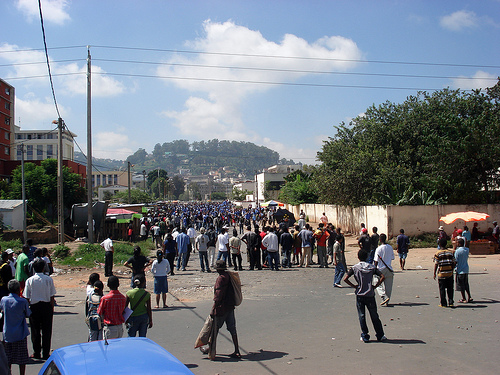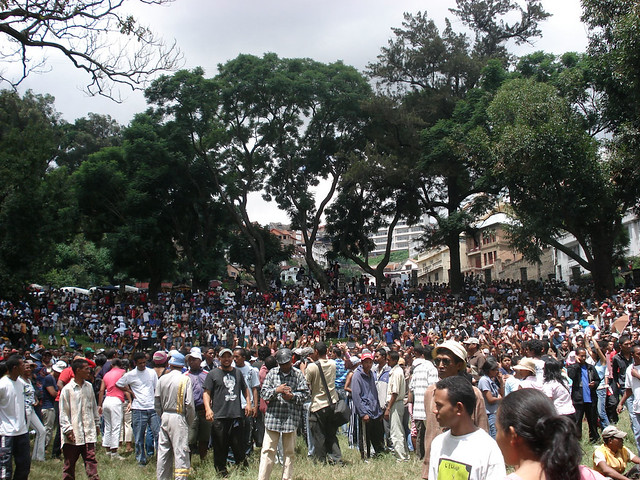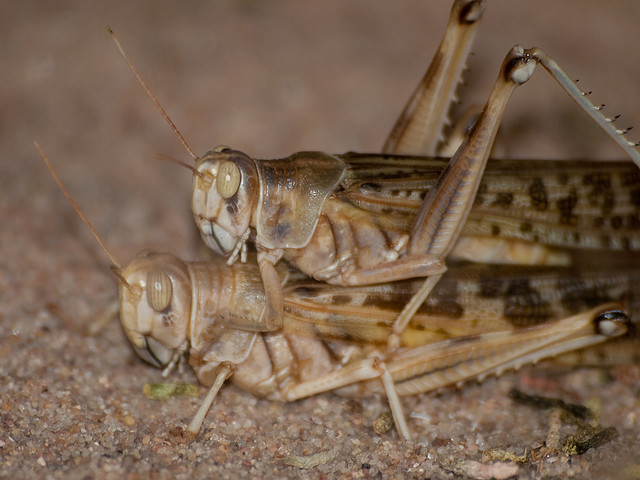
Following the deaths of around a hundred people in southern Madagascar in clashes between zebu cattle rustlers (“dahalo”) and farmers, the government has decided to take special security measures to restore order. The violence is a symptom of the growing political instability in Madagascar that is affecting urban centers as well as rural communities.
People’s Justice in the South
Thefts and armed attacks are a recurring problem in Madagascar and have been growing more and more frequent since the political crisis in 2009. To overcome this problem, a national counter-instability plan [fr] was formally introduced in April 2012. The government has now mobilized the armed forces in the capital as well as in areas particularly affected by cattle theft.
However, initial attempts at stabilizing the southern region were far from successful. As Alain Rajaonarivony explains [fr]:
The military campaign carried out against the dahalo in the bush of the great south in June and July 2012 was a disaster. Not only were they more familiar with the local terrain, the dahalo were also just as well equipped as the government forces – and the lack of helicopters was sorely felt by the latter. The government forces were especially noted not for their combat ability but for their atrocities, when they burnt villages that could serve as support bases for the dahalo.


